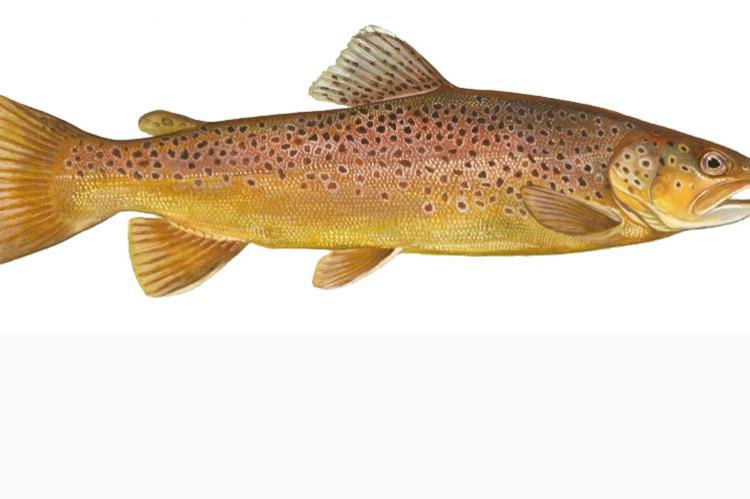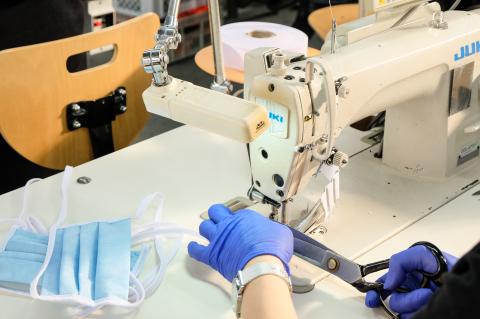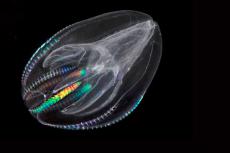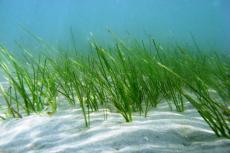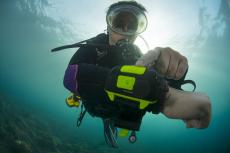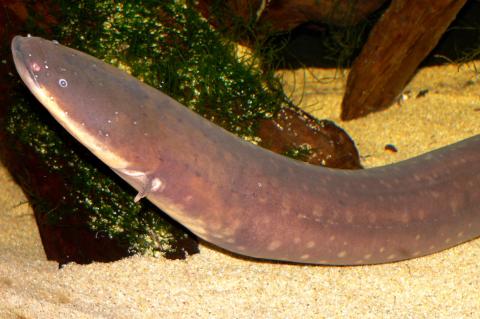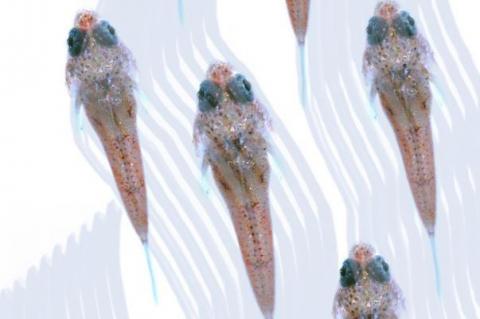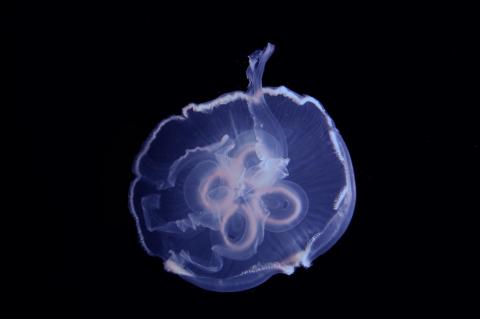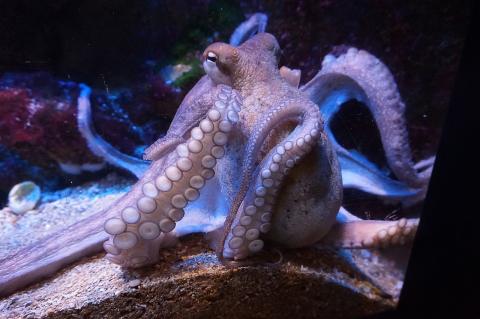GM salmon capable of breeding with wild trout
Study highlights risks of genetically modified fish breeding with wild stock
A genetically modified strain of Salmon which have been engineered with extra genes to make them grow more quickly, pass on this trait to the hybrid offspring, researchers from Memorial University of Newfoundland, Canada, has found.
In the wild, Atlantic salmon very occasionally mate with the brown trout, successfully producing offspring and the researchers found that in the laboratory, the genetically modified salmon could do the same.
Transgenic hybrids between a candidate for commercial aquaculture production, GM Atlantic salmon Salmo salar and closely related wild brown trout Salmo trutta were viable and grew more rapidly than transgenic salmon and other non-transgenic crosses in hatchery-like conditions.
Dominant
In stream mesocosms designed to more closely emulate natural conditions, transgenic hybrids appeared to express competitive dominance and suppressed the growth of transgenic and non-transgenic (wild-type) salmon by 82 and 54 per cent, respectively.
Of the 363 fish analysed at the start of the experiment, about 40% of the hybrids carried the modified genes.
However, the biotech company AquaBounty, which created the salmon, said any risks were negligible as the fish they were producing were all female, sterile and would be kept in tanks on land.
The researchers acknowledged that the risks of such an escape and subsequent encounter with a brown trout were low, but said this information should still be taken into account by those who are regulating GM animals.


